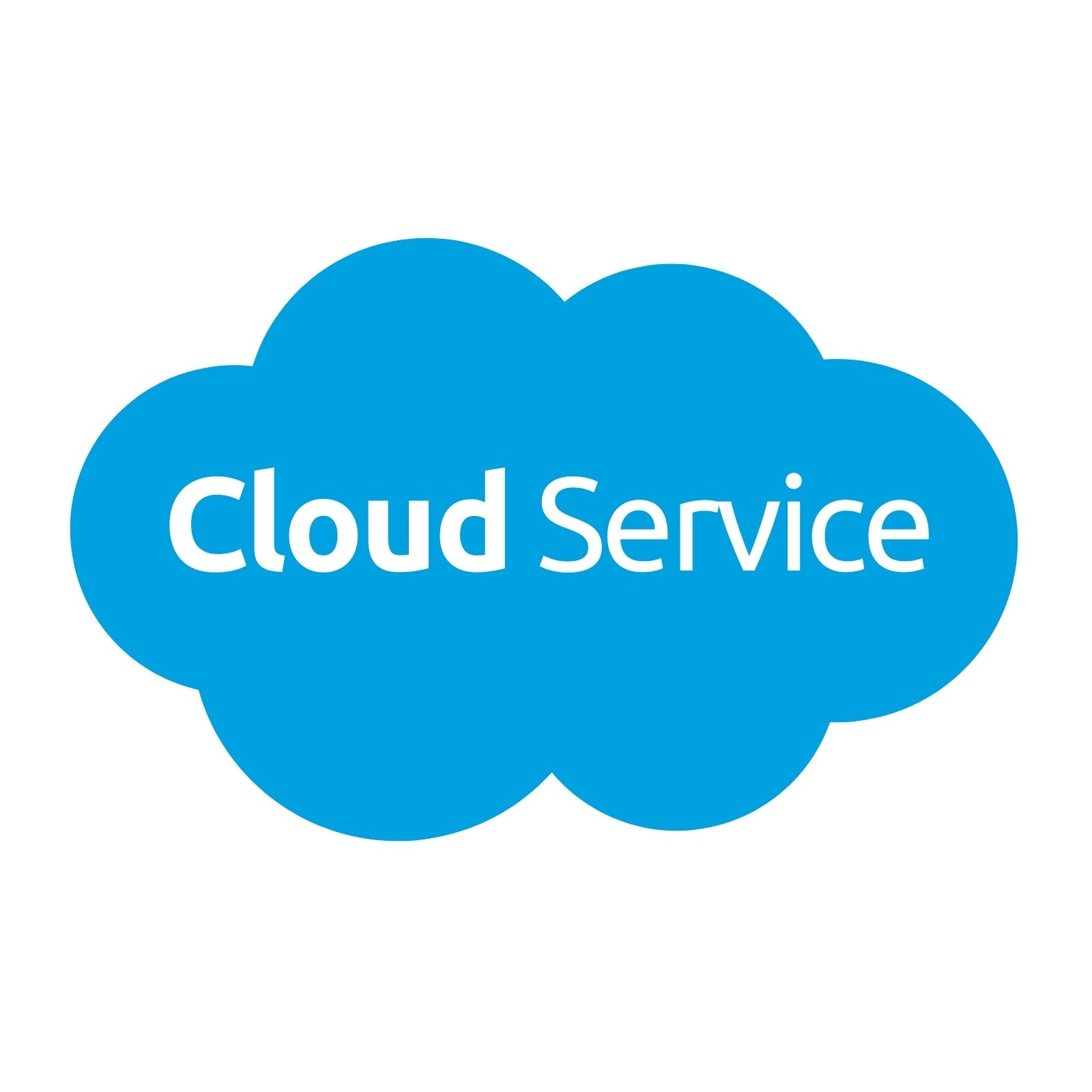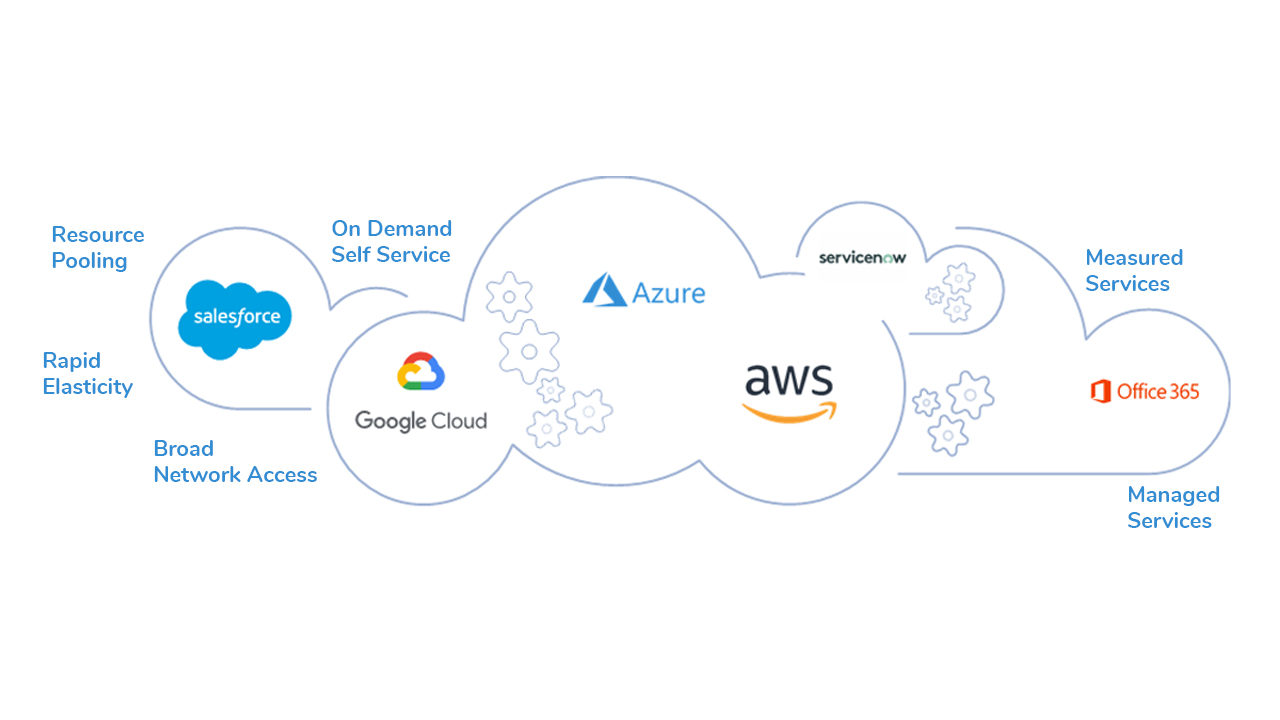LinkDaddy Cloud Services Press Release: Driving Development in Universal Cloud Service
LinkDaddy Cloud Services Press Release: Driving Development in Universal Cloud Service
Blog Article
Secure Your Data: Dependable Cloud Services Explained
In an age where data violations and cyber risks impend large, the need for robust information safety measures can not be overstated, specifically in the realm of cloud solutions. The landscape of reputable cloud services is progressing, with encryption methods and multi-factor verification standing as pillars in the fortification of sensitive information.
Significance of Information Security in Cloud Solutions
Making certain robust data security steps within cloud solutions is critical in guarding sensitive info versus potential risks and unauthorized access. With the increasing dependence on cloud solutions for storing and refining information, the need for strict safety methods has actually ended up being much more essential than ever. Data breaches and cyberattacks position considerable threats to organizations, bring about economic losses, reputational damages, and lawful implications.
Implementing strong authentication mechanisms, such as multi-factor authentication, can assist stop unapproved access to shadow data. Regular safety audits and susceptability analyses are additionally necessary to identify and deal with any weak factors in the system quickly. Educating employees about best practices for information security and enforcing stringent gain access to control policies further enhance the overall protection position of cloud services.
Furthermore, compliance with industry laws and criteria, such as GDPR and HIPAA, is crucial to make certain the protection of sensitive information. Security methods, protected information transmission methods, and information back-up procedures play crucial functions in protecting information saved in the cloud. By prioritizing data safety and security in cloud solutions, companies can build and reduce dangers trust with their consumers.
Encryption Strategies for Data Protection
Efficient information security in cloud solutions relies greatly on the implementation of durable encryption strategies to guard delicate info from unauthorized access and prospective security violations. Encryption involves transforming data into a code to stop unauthorized customers from reading it, ensuring that also if information is intercepted, it continues to be indecipherable. Advanced Security Standard (AES) is widely used in cloud services as a result of its toughness and integrity in safeguarding information. This strategy uses symmetric crucial encryption, where the same secret is utilized to secure and decrypt the data, making certain secure transmission and storage space.
Additionally, Transportation Layer Protection (TLS) and Secure Sockets Layer (SSL) protocols are typically utilized to encrypt data during transit in between the customer and the cloud web server, giving an extra layer of security. Encryption essential management is important in preserving the integrity of encrypted data, ensuring that tricks are firmly stored and managed to stop unauthorized accessibility. By applying solid file encryption techniques, cloud solution providers can improve information protection and instill rely on their customers relating to the protection of their details.

Multi-Factor Authentication for Boosted Safety And Security
Building upon the foundation of robust security strategies in cloud services, the implementation of Multi-Factor Authentication (MFA) serves as an extra layer of safety to boost the defense of delicate information. This added security procedure is crucial in today's digital landscape, where cyber dangers are significantly innovative. Implementing MFA not only safeguards information however additionally enhances customer self-confidence in the cloud service supplier's dedication to information safety and personal privacy.
Information Backup and Catastrophe Healing Solutions
Carrying out robust data backup and calamity recuperation options is vital for securing vital info in cloud services. Data backup entails creating copies of data to guarantee its schedule in the occasion of data loss or corruption. Cloud solutions supply automated backup choices that frequently save information to safeguard off-site servers, decreasing the risk of information loss because of hardware failings, cyber-attacks, or individual errors. Disaster recuperation options focus on recovering information and IT infrastructure after a turbulent event. These remedies consist of failover systems that immediately switch over to backup servers, data duplication for real-time backups, and recuperation methods to reduce downtime.
Cloud provider often use a series of back-up and catastrophe recovery choices customized to meet various needs. Companies have to examine their data needs, healing time goals, and budget restrictions to pick one of the most suitable options. Routine screening and updating of backup and catastrophe recuperation plans are vital to guarantee their effectiveness in mitigating information loss and reducing disturbances. By implementing trustworthy information back-up and disaster recovery look these up options, organizations can improve their information protection stance and maintain company connection despite unpredicted events.

Compliance Criteria for Data Privacy
Given the raising focus on information security within cloud services, understanding and sticking to compliance requirements for data personal privacy is extremely important for companies operating in today's digital landscape. Conformity requirements for data privacy incorporate a collection of guidelines and regulations that companies need to follow to ensure the defense of delicate details stored in the cloud. These standards are designed to guard data against unapproved gain access to, breaches, and abuse, thus fostering count on between organizations and their clients.
One of one of the most well-known conformity standards for information privacy is the General Data Defense Policy (GDPR), which puts on organizations managing the individual data of people in the European Union. GDPR mandates strict demands for information collection, storage, and handling, enforcing hefty find out penalties on non-compliant organizations.
Additionally, the Medical Insurance Portability and Accountability Act (HIPAA) sets requirements for shielding sensitive patient health and wellness details. Complying with these compliance standards not only assists companies stay clear of lawful repercussions yet additionally demonstrates a commitment to data personal privacy and protection, enhancing their track record among consumers and stakeholders.
Conclusion
Finally, guaranteeing information safety in cloud services is paramount to protecting sensitive info from cyber dangers. By carrying out durable file encryption methods, multi-factor authentication, and trustworthy information backup options, organizations can reduce risks of data breaches and keep conformity with information privacy requirements. Adhering to finest techniques in information safety not only safeguards important information but additionally cultivates depend on with clients and stakeholders.
In a period where data breaches and cyber threats impend huge, the requirement for robust data protection measures can not be overstated, especially in the world of cloud services. Executing MFA not only safeguards information however also boosts customer confidence in the cloud service company's dedication to data security and personal privacy.
Data backup includes producing duplicates of data to guarantee its schedule in the occasion of data loss or corruption. Cloud Services. Cloud services supply automated back-up options that regularly conserve data to protect off-site servers, lowering the danger of information loss due to hardware failures, cyber-attacks, or customer errors. By implementing durable encryption methods, multi-factor authentication, and trustworthy data backup options, organizations can minimize dangers of information index breaches and preserve conformity with data personal privacy standards
Report this page